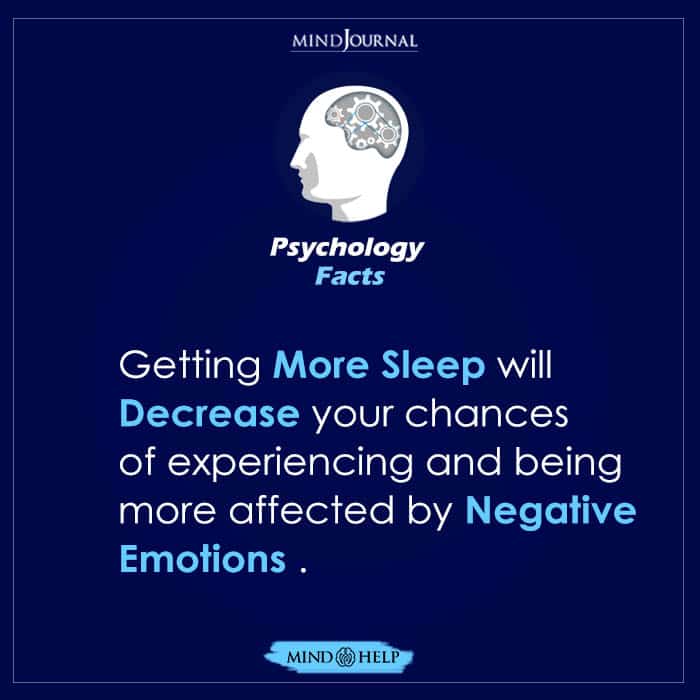Sleep is one of the most important things there is when it comes to living a healthy life, both physically and mentally. However, most people still compromise with it time and time again and consistently ignore the benefits of having proper sleep every day.
Having a World Sleeping Day is like having Valentine’s Day, it calls into awareness something we should be practicing on a daily, not yearly, basis. Like love, sleep is a vital commodity to our health and happiness.
Specifically, the research shows that consistently getting a good night’s sleep has an abundance of benefits including:
- Improving your learning and memory, which is helpful at work (and relationships!)
- Decreasing the risk for depression
- Helping you lose weight and keep it off
- Making it less likely to get into accidents
- Having less illness
- Boosting athletic performance
Just to name a few.
Unfortunately, over one-third of Americans are not consistently getting the sleep they need. This can lead to a host of problems, including obesity, depression, mood swings, irritability, poor problem solving, health issues, and even psychosis.
What’s more, the result of sleep deprivation can be deadly. For example, AAA found that one in six fatal traffic accidents is a result of the driver being overly tired.
Related: 13 Terrifying Health Effects of Sleep Deprivation
So, what can you do to get a good night’s sleep?
Many of my clients, when they hear me talk about getting sleep, roll their eyes. “Seriously? Where am I going to find the time? I can barely get everything done as it is when I sneak in only 4 hours. And now you want me to double that?!”
Yup! When you get the sleep your body needs, you will actually get more done in less time because your mind and body are much more efficient on the task at hand.
So, here are 7 steps to getting the sleep you need to be at the top of your game:
1. What time is it?
Schedule your sleep. Life can sometimes move at a snail’s pace, and other times fly by (like when you are binge-watching your current Netflix passion). Rather than going to bed “when you finished up everything” (let’s face it, that never happens) or when you feel completely relaxed (does that even happen either?), develop a specific schedule of when you will go to bed and wake up. And, in addition to having an alarm in the morning, set a reminder when it is time to get ready for bed.
Keep the same schedule every night even on weekends. I know, I like to sleep in on weekends, too, but if you want to train your body to consistently get good sleep, this is important.
2. Naps over Snooze Taps
While it can be so tempting to hit snooze (maybe even more than once), it turns out that getting up at the same time and taking a brief (10-30-minute nap) during the day is better for you. Why?
This allows your body to maintain the sleep-wake rhythm you established in step 1 while still getting a boost of sleep if needed.
Related: What Is REM Sleep? Why Is It Important For You
3. Stop Screening
TV, computer, iPad, and cellular phones all have lights that can excite your nervous system, which is not what you need before bed. So turn these all off at least 30 minutes before bedtime.
Yes, I realize that may seem painful to some of you, but I can tell you my clients who actually shut down their phones and other devices are able to get much more restorative sleep.

4. Darken the Lights
In addition to screens, bright lights in the room can lead to your body being more awake.
Get dimmers on your lights in the bedroom- and bathroom. Or change your light bulb in your lamp next to your bed to one with a lower wattage. And make sure your room is dark when you sleep. That may mean covering windows with light-blocking blinds or wearing a sleep mask.
5. Peace and Quiet
Noise, like light, can prevent a good night’s sleep. So take steps to ensure disrupting sounds around you are not there (use earplugs if you need to) or are muffled. A sound machine with white noise can help drown out the traffic or a noisy neighbor.
Sometimes the noise is outside and other times it is inside- of you. Yes, that mind of yours can be a powerful force to keep you awake at night or awaken you during the night. Try doing some deep breathing, visualize a peaceful place or listen to a relaxation induction to help calm that active mind.
6. Eat This, Not That
Don’t eat a heavy meal right before bed. And stay away from caffeine, sugar, and alcohol. This latter indulgence may help you fall asleep quicker but disrupts your sleep, causing you to wake up in the middle of the night.
Instead, try a nice cup of chamomile tea. What’s more, nuts or calcium (like milk or cheese) might also help you get better sleep.
Related: 20 Tips For A Better Sleep That Don’t Require A Prescription
7. Ritualize
Establish a consistent wind-down ritual before going to sleep. This could be taking a warm bath or shower, dimming the lights and spending time with a loved one, or reading a book. When you consistently do the same thing each night before bed, your body learns “OK, I do this and then I sleep.” Think of this practice like the bell for Pavlov’s drooling dog.
One final tip: De-Stress. Stress can prevent you from getting the quality and quantity of sleep you need to be at the top of your game.
Come on over to our Facebook community for daily doses of inspiration and stress reduction.
Now, go have a great night’s sleep!
For daily inspiration follow Dr. E on Instagram: DrELombardo https://www.instagram.com/drelombardo/
Written By Elizabeth Lombardo Originally Appeared In Elizabeth Lombardo










Leave a Reply